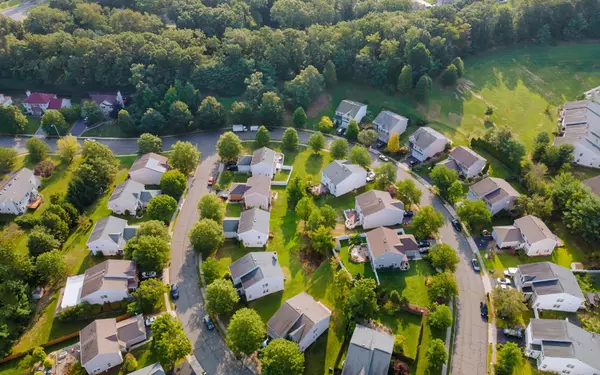Demystifying the Home Buying Process: From Dream Home to Closing Day
You are buying a new home and you don’t exactly understand what happens once your offer is accepted. This is very common by the way. I like to say that the invisible power of what I do, if I am doing it properly, is to make this process as seamless and easy for my clients as humanly possible.
The closing process in the home-buying journey is the final step before you become the official owner of a property. It involves several key tasks and the exchange of important documents. The most important thing to note is that it is all time-sensitive based and so having thorough communication with all team members is crucial for a smooth and seamless Clear-to-Close transaction stage so that you close on time and get the keys to your new dream home.
So that we can finally demystify it for you, here’s a step-by-step guide to how the closing process typically works:
- Select a Closing Agent: You and the seller will typically choose a closing agent or a settlement company. This can be an attorney, title company, or escrow service, depending on local practices. The closing agent oversees the closing process and ensures all parties meet their obligations.
- Title Search and Title Insurance: The closing agent will conduct a title search to ensure there are no outstanding claims or liens on the property. You will also purchase title insurance, which protects you from any unforeseen issues with the title.
- Home Inspection and Appraisal: Before closing, you should have already completed a home inspection and an appraisal. If there are issues that need to be addressed, you can negotiate with the seller to make repairs or adjust the purchase price.
- Final Walk-Through: Typically, you’ll have the opportunity for a final walk-through of the property before closing to ensure it’s in the same condition as when you made your offer.
- Closing Disclosure: At least three business days before closing, you’ll receive a Closing Disclosure statement that outlines all the costs associated with the transaction. Review this document carefully to ensure everything is accurate.
- Closing Costs: You’ll need to bring a certified or cashier’s check for the total closing costs, which may include the down payment, lender fees, prepaid taxes, insurance, and more. Alternatively, you may be able to wire the funds to the closing agent.
- Signing Documents: On the day of closing, both you and the seller will meet at the closing agent’s office. You’ll be presented with a stack of documents to sign, including the mortgage note, the deed of trust, and various other legal documents.
- Funding: Once all parties have signed the necessary documents and the funds are available, the closing agent will disburse payments to the seller, the real estate agents, and other parties involved in the transaction.
- Recording the Deed: After signing, the deed and mortgage documents will be sent to the county recorder’s office to officially transfer ownership of the property from the seller to you. This is where public records are updated to reflect the change in ownership.
- Receiving the Keys: Once the deed is recorded and the funds have been distributed, you’ll receive the keys to your new home. Congratulations, you’re now a homeowner!
It’s important to note that the specific steps and requirements can vary depending on local laws and regulations, as well as the terms of your purchase agreement. The closing process is a crucial final step in buying a home, and it’s essential to review all documents carefully and ask questions if you’re unsure about any aspect of the transaction.
Categories
Recent Posts










